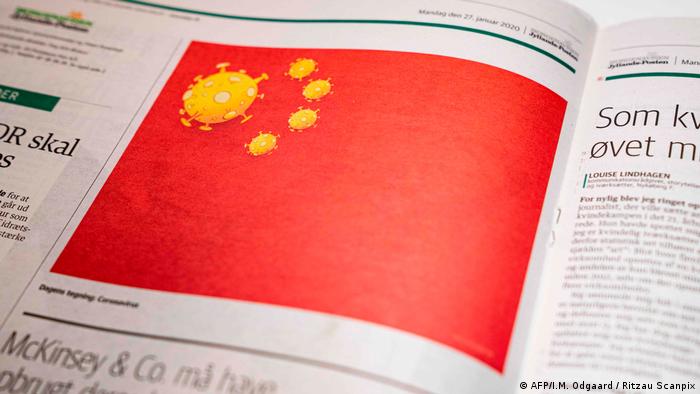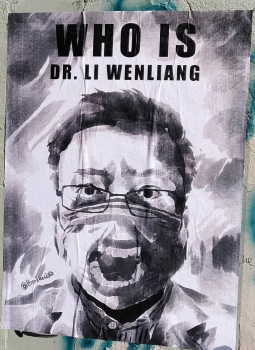We are in Edinburgh. Edgar Logan, a young man from Paris, arrives to translate the essays of David Hume. “…most of my life has been spent in books, reading other people’s stories, living vicariously through characters that don’t exist.”
On vicarious experience: Nearly all of my experience of life—the highs and lows, the hopes and disappointments, the chaotic entanglements—everything that matters in fact—all of this has been mediated through the written word. With the result that novels have given me the sense—the illusion perhaps—of a connection with others, with the texture of real lives.
On marriage: My close reading of fiction had taught me that nearly all marriages occupied strange territory. But it was more vivid and startling to see it with you own eyes.
On happiness: …happiness often reveals itself as counterpoint. It is edged about with things that are opposite to it.
On novels: …a good novel was like a small miracle…fiction allowed us to live lives of other than our own….And every so often, I said, something emerged from a novel that could only be called truth—there was no other name for it. Which has a paradoxical ring to it, since of course, fiction is made up, full of lies.
On vicarious experience: Nearly all of my experience of life—the highs and lows, the hopes and disappointments, the chaotic entanglements—everything that matters in fact—all of this has been mediated through the written word. With the result that novels have given me the sense—the illusion perhaps—of a connection with others, with the texture of real lives.
On marriage: My close reading of fiction had taught me that nearly all marriages occupied strange territory. But it was more vivid and startling to see it with you own eyes.
On happiness: …happiness often reveals itself as counterpoint. It is edged about with things that are opposite to it.
On novels: …a good novel was like a small miracle…fiction allowed us to live lives of other than our own….And every so often, I said, something emerged from a novel that could only be called truth—there was no other name for it. Which has a paradoxical ring to it, since of course, fiction is made up, full of lies.
Seen on a wall in Prague earlier today. Powerful, because most of us do indeed know who Dr. Li Wenliang is, or rather… was.
SO HERE’S A GUY WHO SURVIVED BOTH THE SPANISH FLU PANDEMIC AND CORONAVIRUS: A 101-year-old man in Italy was released from hospital after recovering from the coronavirus. Can I get a dose of his blood?
Meet Eric Yuan, the man who made your Zoom meetings possible
Zoom chief Eric Yuan dreamt up the concept for the company in the 1990s when he was dreading 10-hour train trips to see his then-girlfriend.
'Absolute perfect time' for cyber criminals to attack, as businesses work from home
PR Disaster: President Xi Forgets To Remove ‘Made In China’ Tags From Coronavirus.
How To Eat Safely During The Coronavirus Crisis: Tips, Resources, FAQs NPR

Australia's High Commissioner-Designate to India, Barry O'Farrell says that after April 14th there's no guarantee that there'll be sufficient flight options to bring stranded Australians home or that the ban won't be extended.
As I have got older, I have instead come to realize that we have no idea whatsoever as to how physical matter gives rise to consciousness, thought and feeling. Henry Marsh
Admissions is Henry Marsh’s second memoir of his life as a British neurosurgeon. It follows upon his earlier Do No Harm. Both describe why he turned to neurosurgery, the mistakes he has made and his anxieties about each new operation.
The operations require a steady hand, a range of technical equipment, skill in avoiding areas of the brain he doesn’t want to remove, hoping the patient will not be permanently disabled. Most of his operations entail removing a cancerous tumor.
In some cases, Marsh must decide whether it is better not to operate at all. The tumor is too large, the risk of operating is great, it may be better to let the patient live as long as possible, rather than ending it in a hospital hooked up to tubes for days on end. He writes:
But surgery, I told them, was almost impossibly difficult—at least, it was very difficult to operate without, at best, inflicting lifelong disability on the patient. So, what was better? To die within the next few years or face a longer life of awful disability?
He admits he has made mistakes that take a terrible toll on his patient’s lives, as well as troubling him for months. They are not confined to the operating room. He has had affairs, is divorced from his first wife, and now married again. He writes, “We always learn more from failure than from success. Success teaches us nothing.”
ALEX MITCHELL: Defending TAFE is a winner for NSW Labor
Created by the Whitlam Government, TAFE tuition was free, offered trade and technical training to a generation of young men and women and upgraded education and career opportunity to all those who wanted it. Continue reading
Oh no. I’ve accidentally stayed up way too late reading about the 1560s attempt to set up copper mining and smelting works in Cumbria using German experts.
– Anton Howes, historian of the origins of the Industrial Revolution.
The above is the first of a series of tweets. Read them all here. Howes was asked what exactly he’d been reading. Answer: This book.
Blind fear of death should not guide policy | Catholic Culture… certainly there are some things worth taking a risk for. As much as we admire bravery in the face of danger, we despise timidity. No doubt you would be safer if you spent your life cowering at home, but what could you accomplish? “A coward dies a thousand times before his death, but the valiant taste of death but once,” Shakespeare tells us. To risk nothing is to accomplish nothing
